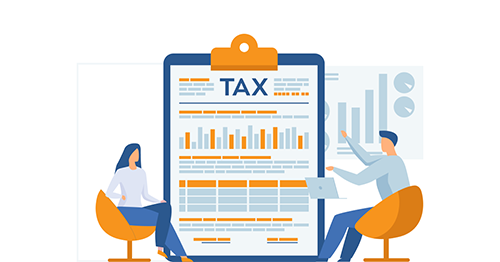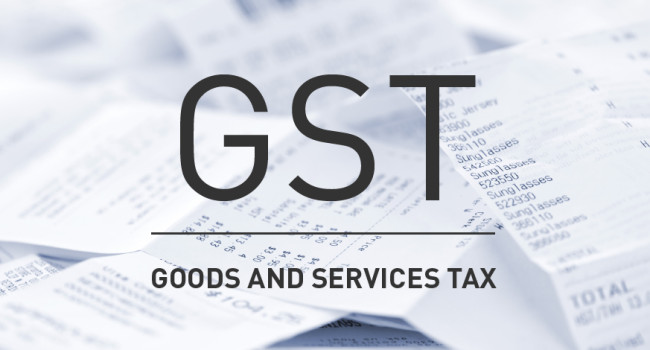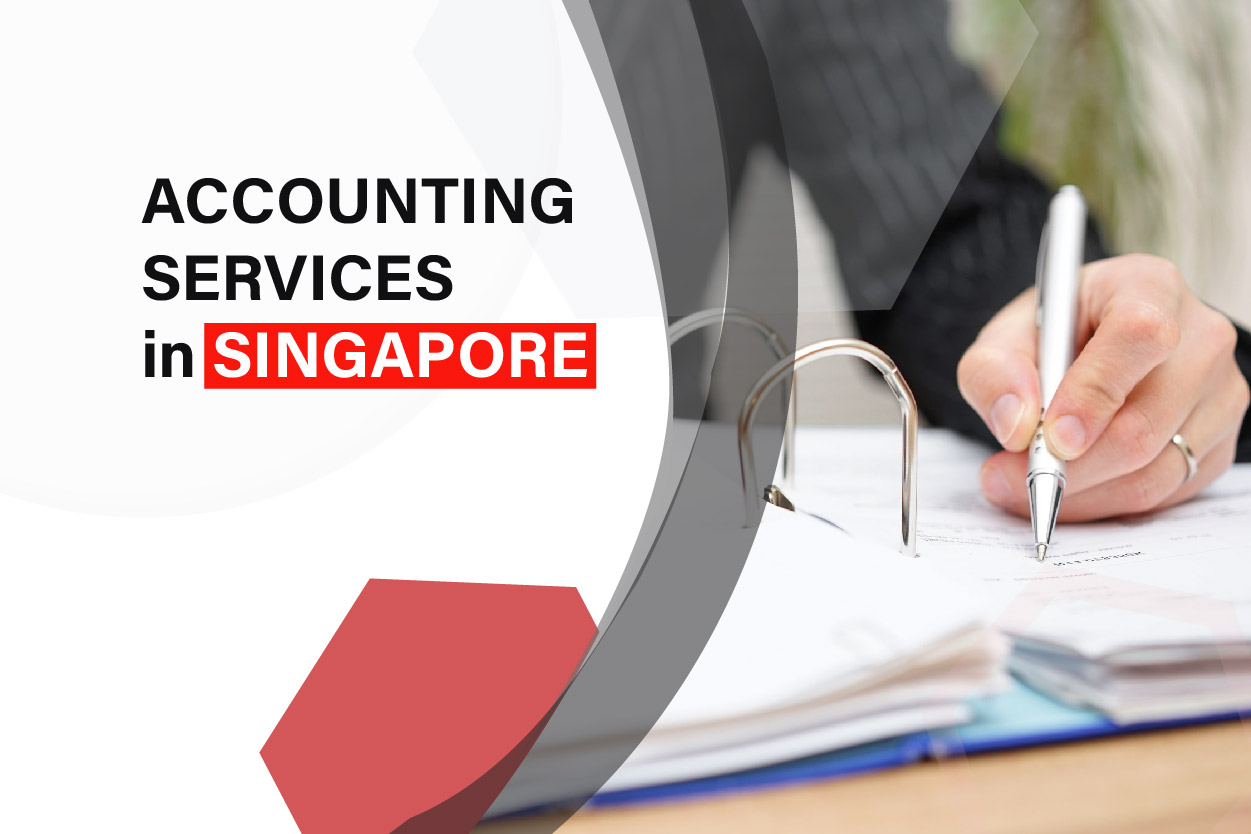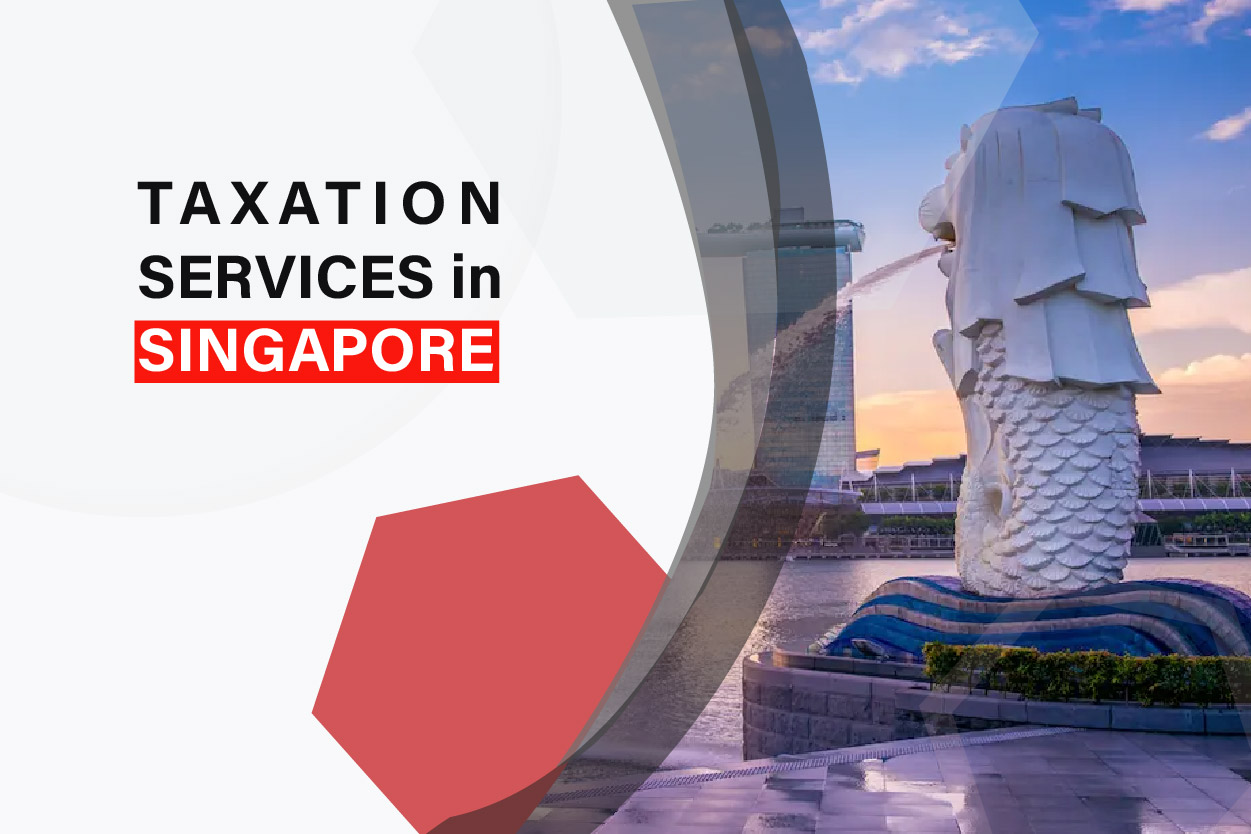Business Guides - Taxation in Singapore
Introduction
The incentive corporate tax system has set Singapore as one of the best business-environment countries. Specifically, the local government exempts double taxation for related stakeholders with a single-tier corporate tax system.
Understanding a country’s corporate tax policy helps businesses adjust capital diversion for better cash flow management. For enterprises desiring to relocate their assets to Singapore, let’s dive into this article to get all updated information on the tax policy in this country.

Basic of The Corporate Income Tax
Singapore has one of the lowest effective tax rate in the world. It has a single tier corporate income tax system. Tax paid by a company on its chargable tax income is the final tax and all dividents paid to its shareholders are exempted from further taxation. There is no taxes on any forms of capital gains.
- Current headline corporate tax rate: 17%
- Effective rate on other corporate taxes:
- Tax rate on capital gains accrued by the company: 0%
- Tax rate on dividend distribution to shareholders: 0%
- Tax rate on foreign-sourced income not brought into Singapore: 0%
- Tax rate on foreign-sourced income brought into Singapore: 0 - 17% subject to conditions
- Considering all general tax incentives, the current effective tax rate:
- The first 3 years in business
Taxable income (S$) Tax rate 0 - 100,000 4.25% 100,001 - 200,000 8.5% 200,001 - 2,000,000 17%
- After the first 3 years in business
| Taxable income (S$) | Tax rate |
|---|---|
| 0 - 10,000 | 4.25% |
| 10,001 - 200,000 | 8.5% |
| 200,001 - 2,000,000 | 17% |
In addition, in the first 3 years, starts up also enjoy tax exemption capped at $S 125,000 for the first $S 200,000 taxable income.
Treatment of Company Losses
In general, a company can deduct allowable expenses against the income for taxation purposes in Singapore. The loss can be carried forward indefinitely (subject to certain conditions), however, it must be deducted in the first available year where there is a statutory income. The deduction of the loss follows the "proceeding year" basis. It's important to note that the losses can be utilized only as long as there is no substantial change in the shareholding and principal activities where applicable.

Net Income vs Taxable Income
A company's net profit/loss alone does not provide an accurate picture of the taxable income. For instance, some of the expenses incurred by your company may not be deductible for tax purposes or some of the income received may not be taxable or it may be taxed separately as a non-trade source income.
Calculation of Taxable Income
From company net profit/losses, make the following adjustments:
Deduct non-taxable income. Income of non-taxable nature is deducted from the chargeable income. Examples include capital gains, sale of fixed assets, gains on foreign exchange on capital transactions, exempt shipping income derived by a shipping company, foreign-sourced dividends, branch profit & service income received by a resident company that satisfies the qualifying conditions, and other income exempted from tax under the provisions of the Singapore Income Tax Act.
Adjust net investment income. Investment income is non-trade income that includes interest income, divident income, and rental income.
- first deduct all the investment income from chargeable income
- deduct the investment related qualified expenses from the investment income for each type of investment income
- add the balance net investment income for each type of investment
Deduct qualified business expenses. Expenses that are wholly and exclusively incurred in the production of trade income are deductible. Examples of deductible expenses include wages, office rent, services fees, R&D expenses, and so on. Examples of non-deductible expenses include fines, fixed assets write-off, income tax, private and domestic expenses, motor vehicle expenses incurred in respect of private passenger cars, etc. The list of deductible and non-deductible business expenses is rather large can not be discussed comprehensively in the context of this article.
Add unqualified business expenses: Expenditure incurred on the purchase of fixed assets is not deductible for tax purposes as it is capital in nature. Depreciation on fixed assets is also not deductible for tax purposes.
Deduct capital allowances. In place of the depreciation, the company can claim for a deduction for the wear and tear of the fixed asset known as “capital allowance”. Unutilized capital allowances from previous accounting periods as well as from the current account period on fixed assets can be deducted.
Deduct unutilized losses. Qualified losses incurred can be deducted against the income in Singapore. Qualified loss means a) the lost must arise from the carrying of a business; b) it has not been utilized previously. The deduction of losses follows the "preceding year" basis i.e. deduction is allowed in the year(s) subsequent to the year in which the loss incurred.
Taxable Income Adjustments Example
| Operation | Item | Amount | Note |
|---|---|---|---|
| Net Profit as per Profit and Loss Statement | X | Company's financial statements must be prepared according to Singapore's Financial Reporting Standards (FRS) | |
| Subtract | Foreign income not subject to tax | X | |
| Non-business source income | X | Such as interest earned, property income, etc | |
| Capital gains | X | ||
| Special deductions | X | Such as qualified R&D expenses | |
| Add | Disallowed expenses | X | |
| Capital expenses | X | ||
| Depreciation | X | For taxation purpose, capital allowances instead of depreciation are deductible | |
| Subtract | Capital allowances (current and carried forward) | X | |
| Carried forward losses | X | ||
| Add | Non-business source income | Such as interest earned, property income, etc. | |
| Subtract | Approved donations | X | |
| Investment allowances | X | ||
| Further deductions | X | Any special deductions allowed through various government incentives | |
| Tax exemption | X | Full or partial tax exemptions applicable to the company | |
| Taxable income | X | ||
| Tax payable @ prevailing corporate tax rate | X | Current corporate tax rate in Singapore is 17% | |
| Subtract | Tax rebates | X | Any tax rebates applicable to the company |
| Tax deduction at source | X | Any taxes deducted at source | |
| Net tax payable | X | ||
Tax Filling Deadline and Year of Assessment Definition
Tax Filling Due Date
Every registered business in Singapore must meet the deadline of submitting all required tax filing documents. Specifically, the due date for submitting hard copy forms is 30 Nov. Meanwhile, it is 15 Dec for the e-filling approach.
Basic Period & Year of Assessment
- Financial Year end is basic period
- Year of Assessment is the year company’s net income is accessed to tax ( e.g. Tax year 2021 is the year of assessment for the financial year 2021 )
Tax residence
Tax residence definition
A company is considered a tax resident of Singapore if management and control of its business is excercised in Singapore the preceding tax year.
The location of the Board of Director’s meetings where strategic decisions are made determines where the control and management is excercised.
Some key factors affecting the tax resident status according to the IRAS:
- There is no board of directors meeting held in Singapore. Instead, the directors' resolutions are merely passed by circulation
- The local director is a nominee director while the rest of the directors are based outside Singapore
- No strategic decisions are made by the local director in Singapore
- No key employees are based in Singapore
How tax resident affects corporate income tax
Generally. tax resident and non-resident are taxed in the same maner, though tax resident companies further enjoy exclusive tax residency benefits, such as:
- Utilization of Double Taxation Agreement (DTA) agreements that Singapore has with certain jurisdictions for an exemption or reduction of tax on specific foreign income. DTA terms are in effect for both sides of the parties involved in the agreement. (Vietnam is among one of the jurisdictions)
- Might benefit from some income tax exemption on foreign-sourced dividends, foreign branch profits, and foreign-sourced service income under section 13(8) of the Income Tax Act with certain conditions.
- Enjoy tax exemption scheme for new start ups
Record Keeping Requirements
The following company records must be kept for annual filling compliance.
- Source records:
- Income (sale) records
- Business expense records
- Purchase records
- All other records for GST (VAT) purposes (non-business use of business assets/goods, disposal of business goods, removal of goods from warehouse)
- Accounting records
- Stock List
- Sales record/listing
- Purchase record book
- General ledgers
- 3 Financial statements
- GST records of input & output tax
- Bank statements (both personal and business)
- All detailed financial reports on expenses, assets & capital allowances)
Tax on Foreign Sourced Income
Corporate income is taxable in Singapore when:
- Derived or accrued in Singapore
- Brought into or received in Singapore from outside Singapore
Income from outside Singapore is considered received* in Singapore when it is:
- Remitted to, transmitted or brought into Singapore; (especially by bank remittance)
- Used to pay debt of businesses incurred Singapore; or
- Used to purchase any movable property (such as equipment, raw material, etc.) brought into Singaore
- *Income from outside Singapore is received in Singapore only when the income belongs to a Singapore tax resident
- Utilizing Singapore's foreign tax income scheme might help businesses take advatage of Singapore's low and business friendly corporate tax policies and/or strategize taxable income with Foreign Tax Credit policy
Good & Services Tax
GST is the Valued Added Tax (VAT)
Taxable
- GST Standard rate 7%, applicable on most goods sold & services both local and imported incurred in Singapore
- Non applicable on exported goods and services deemed as international services (e.g. Air ticket from Singapore to Thailland-international transportation service)
Non-taxable
- Dropshipping goods transations
- Sales & rental of nonfurnished residential properties
- Financial services (e.g. issue of a debt security, exchange of currency)
Registration of GST Requirement: Business with expected revenues greater than $SGD 1 Million
Charging GST/ Output Tax
- If business registered for GST, it must charges GST on all applicable goods & services. These charges known as output tax.
- Output tax must be paid back to IRAS at the end of each accounting period.
Claiming GST/Input Tax: If business registered for GST, you can claim input tax for GST you paid on business purchases (including imports) subjected to conditions for claiming Input Tax

Withholding Tax
What is withholding tax?
When a Singapore company pays a non-resident persons for services performed in Singapore, a percentage of that payment must be withheld and paid to IRAS - hence the term withholding tax.
Who is a non-resident person?
- Non-resident company: company with control and management are not exercised in Singapore
- Non-resident individual: An individual who is in Singapore for less than 183 days in a year is considere a non-resident
- Non-resident professional: A professional that is not a Singapore resident performing services for the resident company under contract for a service
- Non-resident public entertainer
- Non-resident director: A director is a member of a board of directors of a resident company who happens to be a non-Singapore resident
Types of payment and withoding tax rates
- WHT rates for Interests, commissions, and any other debt- or loan-related fees – 15%
- Royalty, rights of use, and intellectual property- 10%-22% depending on the payee status
- Management fees- fees payable to foreing entities that provide management services helping manage your business: Prevailing corporate tax rates – 17% (Subjected to DTA if applicable)
- Services rendered : Prevailing corporate tax rates – 17% (Subjected to DTA if applicable)
- Rent – 15%
- Non-resident director – 22%
- Non-resident firms – Prevailing corporate rates on net income
- Non-resident public entertainer – 15%
- Non-resident international agent – 3%
How Does Witholding Tax and DTA Affect Non-Resident Beneficiary?
Company’s beneficiary is fully entitled to the net profit after taxes of the company in accordance with his shares’ percentage. In case of a non-resident beneficiary, DTA between Singapore and the home residence affect how you strategize the company’s taxable income. The prevailing tax rate in Singapore is 17% and it is the only rate chargeable to the company’s net income. Dividends and capital gains are not taxable further. Any profit after taxes of a Singapore company is legally withdrawn to its shareholders without any further tax in home residence if DTA is in effect between two countries.
Audit
Per Singapore law, an auditor must be appointed within 3 months of incorporation unless qualifying for an audit exemption with the below conditions:
- Total annual revenue of no more than S$10 million
- Total assets worth no more than S$10 million
- No more than 50 employees
Purpose of Official Audit
- Ensure your business' tax returns are in compliance with the tax laws;
- Educate your business on your tax obligations and assist you to comply; and
- Identify tax laws, policies and processes where we can simplify or clarify
In the course of our audit, government officials will require:
- Information on your business (e.g. information on business arrangements, running of business);
- Sales and purchases listings to verify the accuracy of the figures reported in your GST returns;
- Supporting documents for your business transactions (e.g. invoices, export documents); and
- Completed self-review checklists (e.g. self-review form for pre-registration input tax claims, bad debt relief)
- Interview with customers, partners, financial institutions, accounting and legal employees or partners
Conclusions of an Audit
- Most audits are completed within 12 months
- Outcomes will be notified in writings
- Assessments may be raised to make adjustment your reported values and penalties may be imposed for additional tax payable.
Disclaimer: This guide serves as a reference tool and should not substitute legal advice. For tailored guidance, consult G.O.C's customer services.








